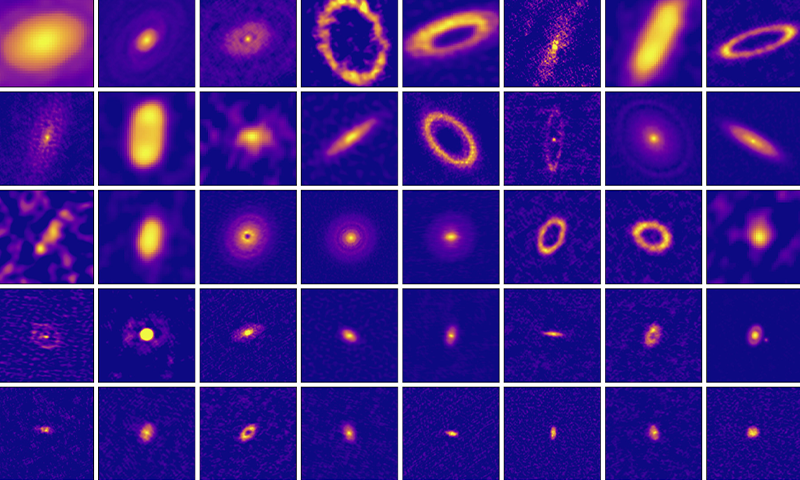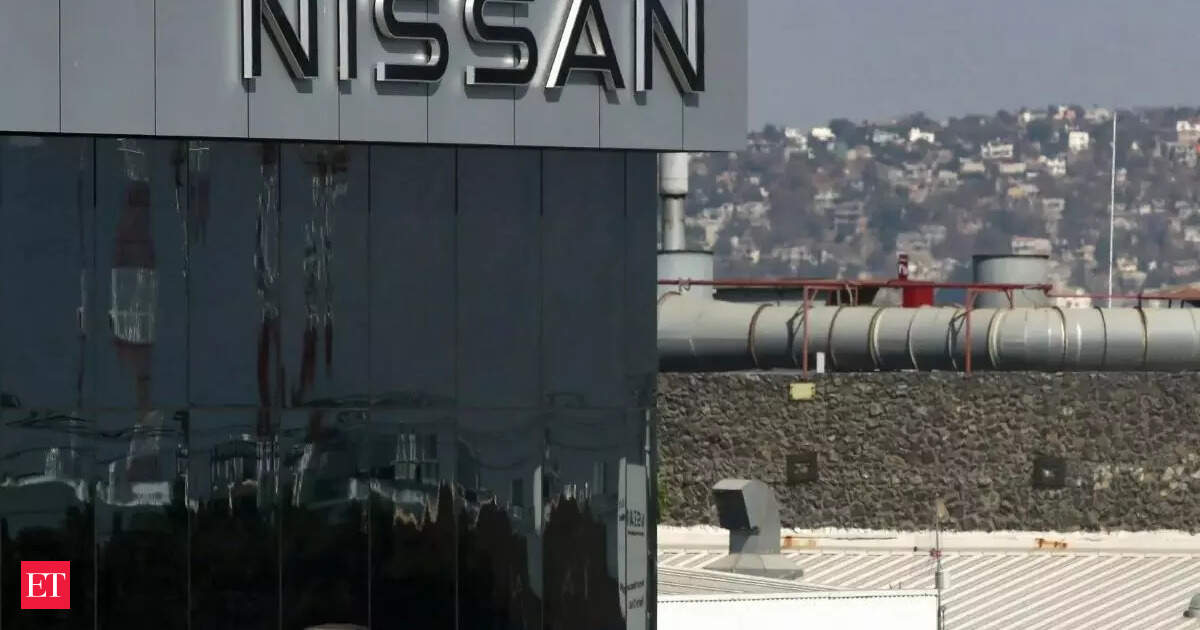Now Reading: Planet Nurseries May Be Smaller Than Estimated
-
01
Planet Nurseries May Be Smaller Than Estimated
Planet Nurseries May Be Smaller Than Estimated

Quick Summary:
- A recent study published in Astronomy & Astrophysics suggests that many protoplanetary disks-the regions where planets form-are substantially smaller than previously thoght, some even smaller than the distance between Earth and the Sun.
- Observations conducted using ALMA (Atacama Large Millimeter/submillimeter Array) in Chile focused on disks in the Lupus star-forming region, about 400 light-years away.
- Approximately two-thirds of the 73 observed disks had an average radius comparable to Jupiter’s orbit, much smaller than earlier expectations for planet nurseries.
- Researchers found these small protoplanetary disks favor rocky planet formation closer to their stars, helping explain why super-Earths (planets 2-10 times Earth’s mass) are commonly discovered around distant stars.
- Many of these small disks were observed around low-mass stars like M-type red dwarves-the most common type of star.
- The study reinforces theories predicting that large nonplanet-forming disks eventually shrink into compact structures conducive to rocky planet formation.
Indian Opinion Analysis:
This revelation carries potential scientific significance as it enhances our understanding of planetary evolution and formation processes across different stellar environments-an area critical for astrobiological exploration and advancements within space science globally,including India’s growing efforts in planetary research through ISRO initiatives like Chandrayaan and future interstellar missions.
The practical submission for India lies in fostering global collaborations with observatories like ALMA or leveraging data from such studies to refine its domestic models on exoplanet research. As India’s space program transitions towards more advanced exploratory missions involving distant celestial objects, insights into how planets form can enhance India’s competitiveness and knowledge base within international astronomy circles.
Moreover, these revelations add a philosophical dimension by highlighting Earth’s unique planetary formation conditions relative to other systems-a outlook relevant culturally given India’s deep traditions linking cosmic studies with societal introspection.























